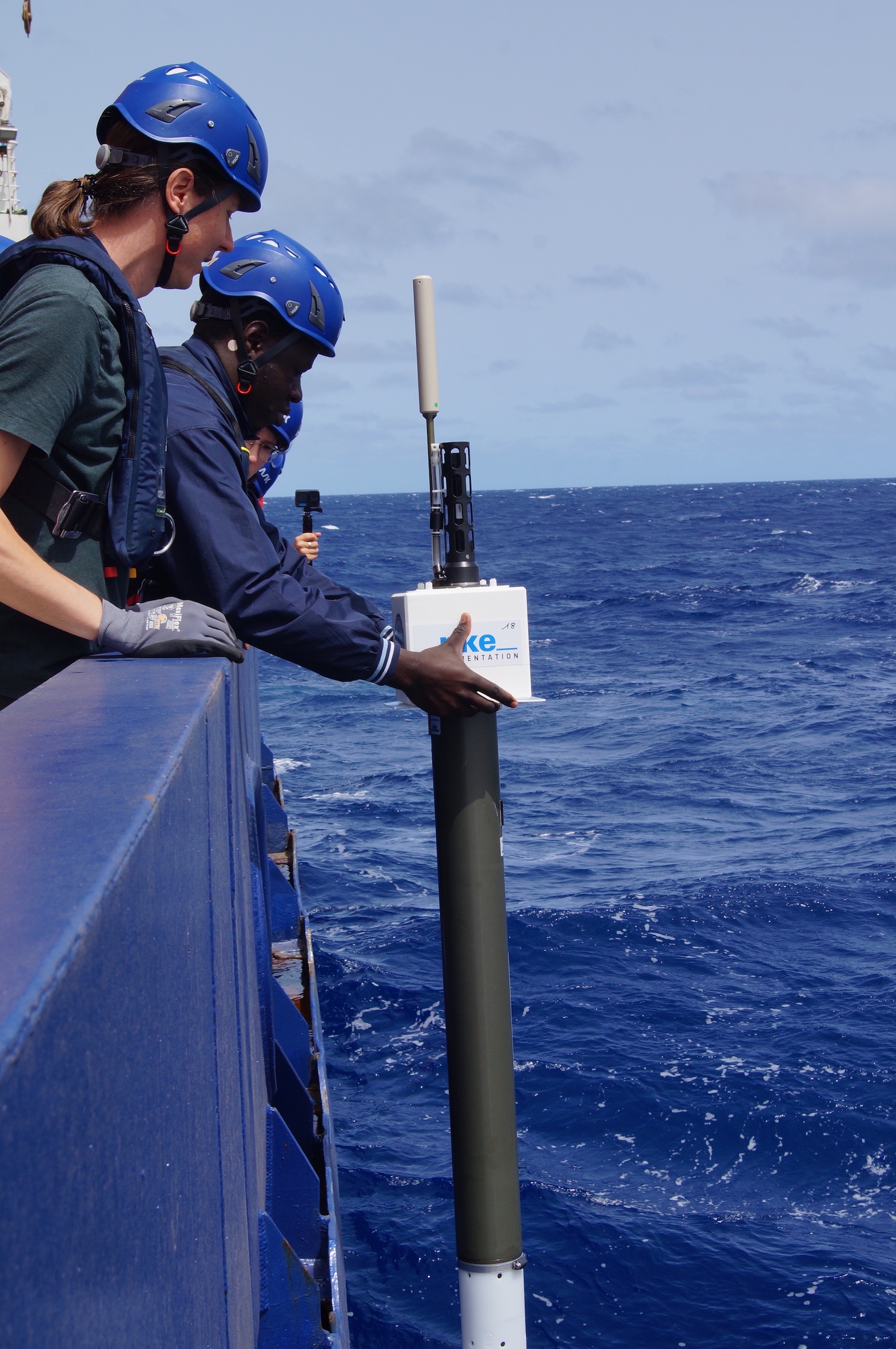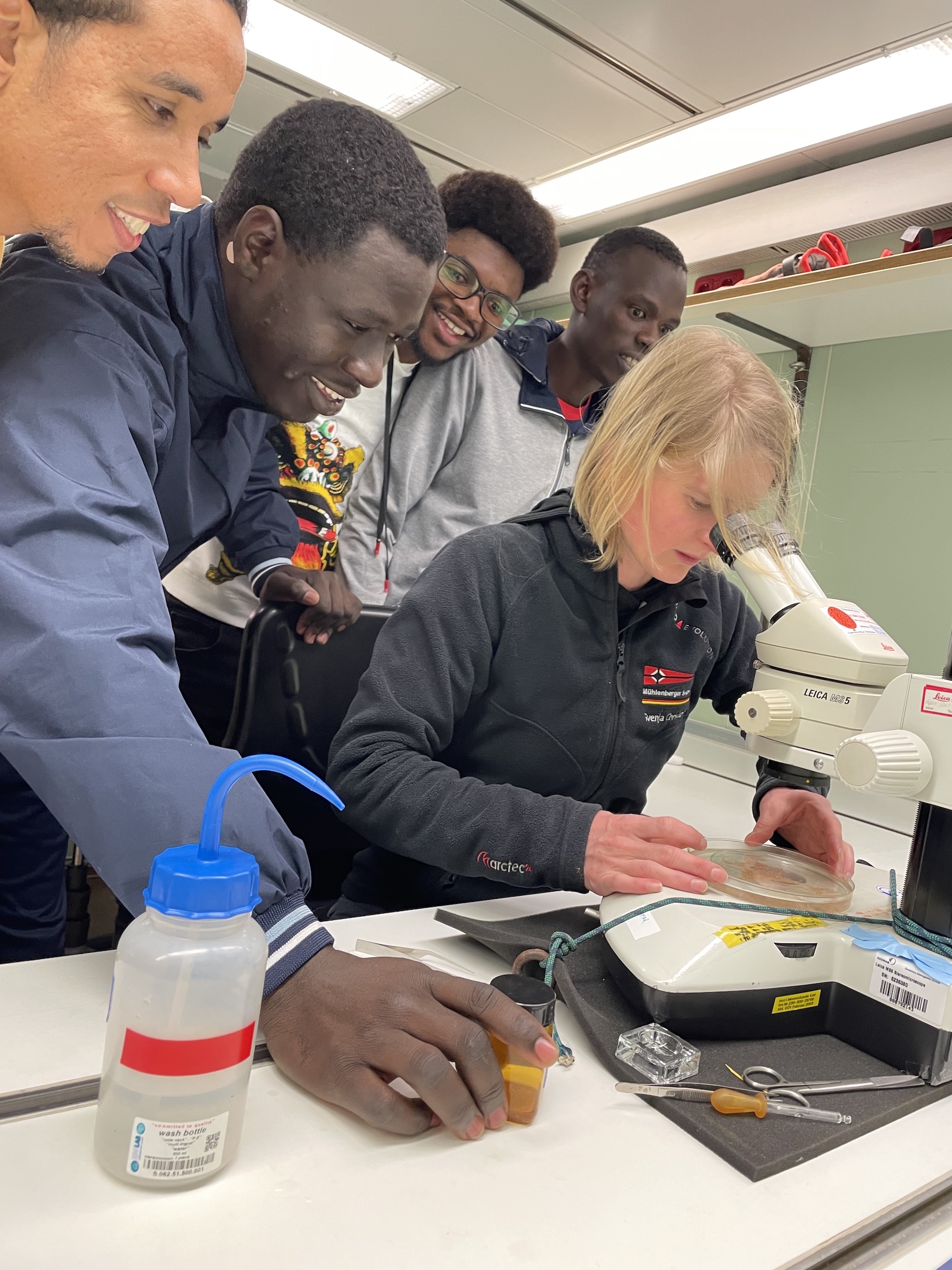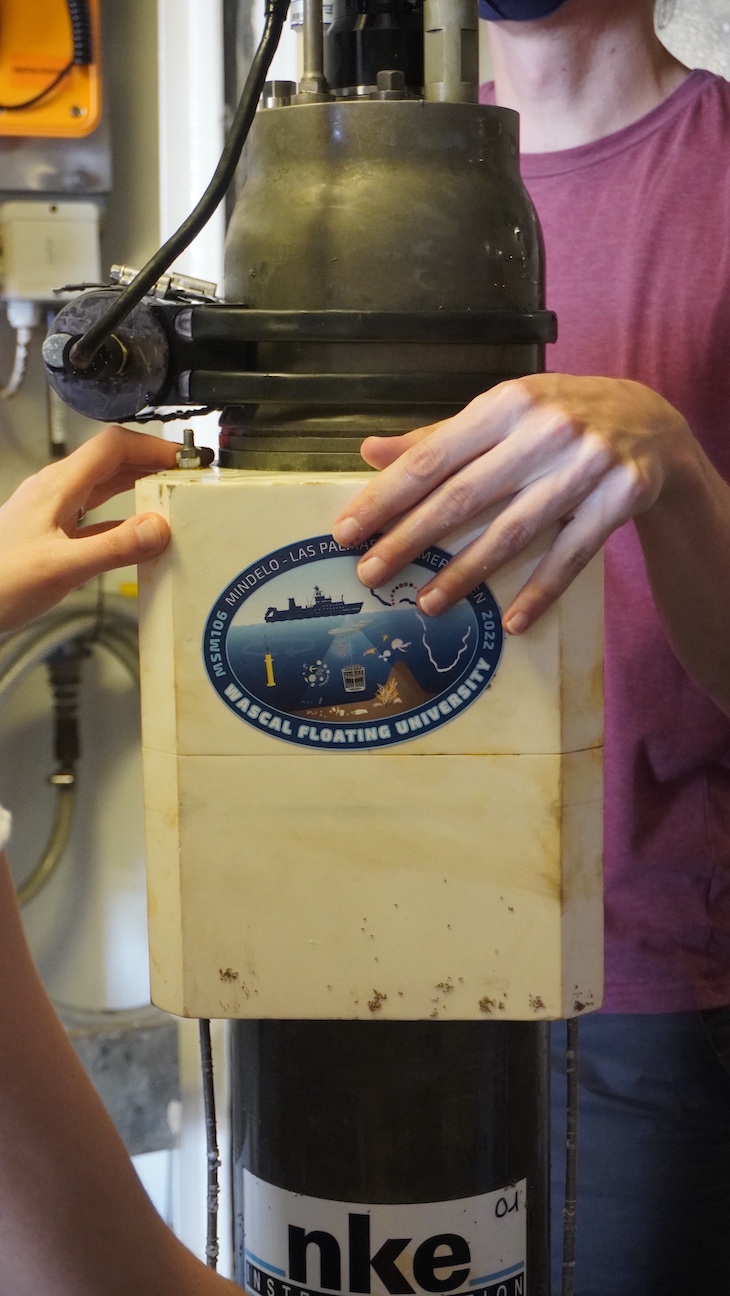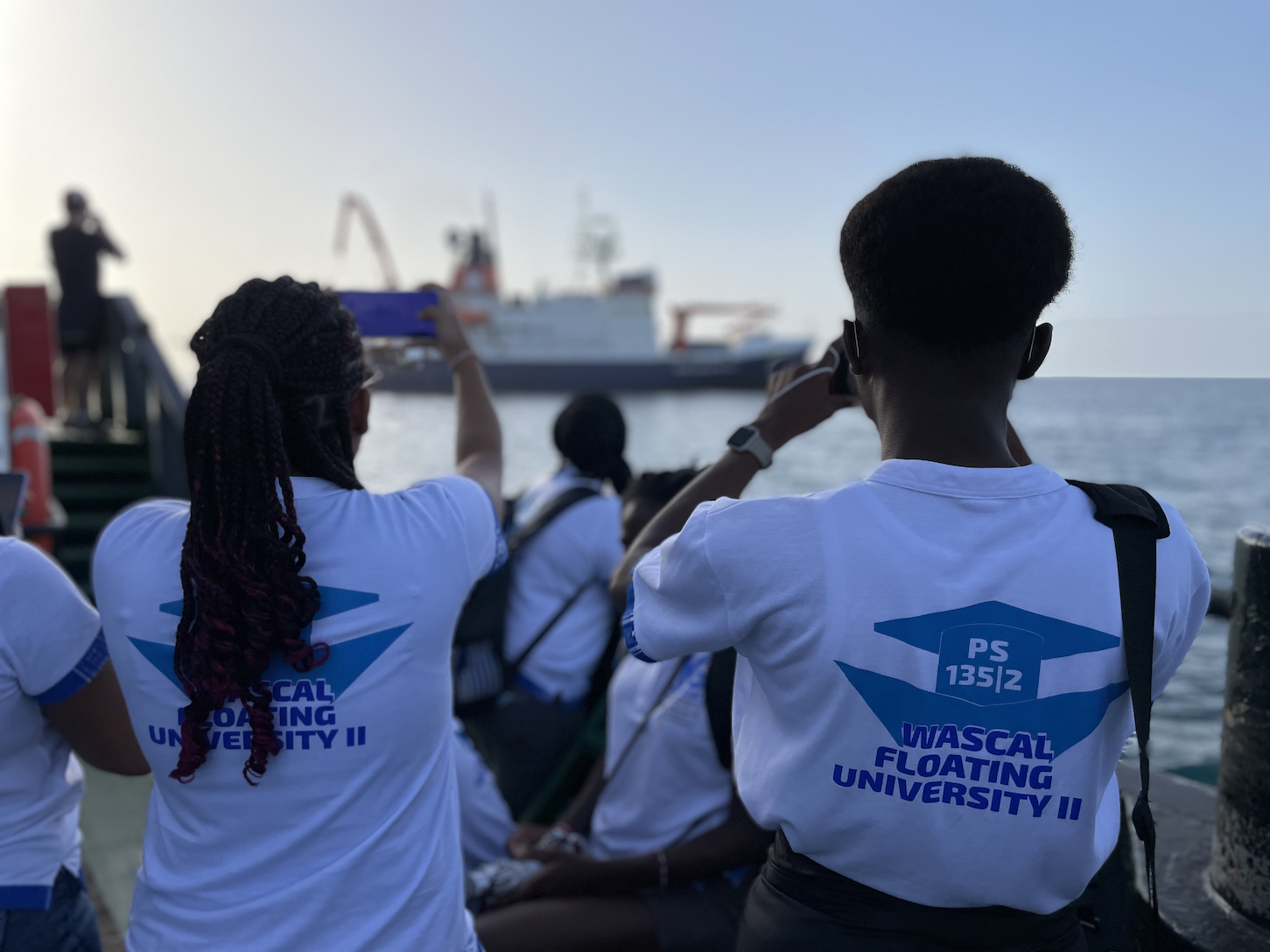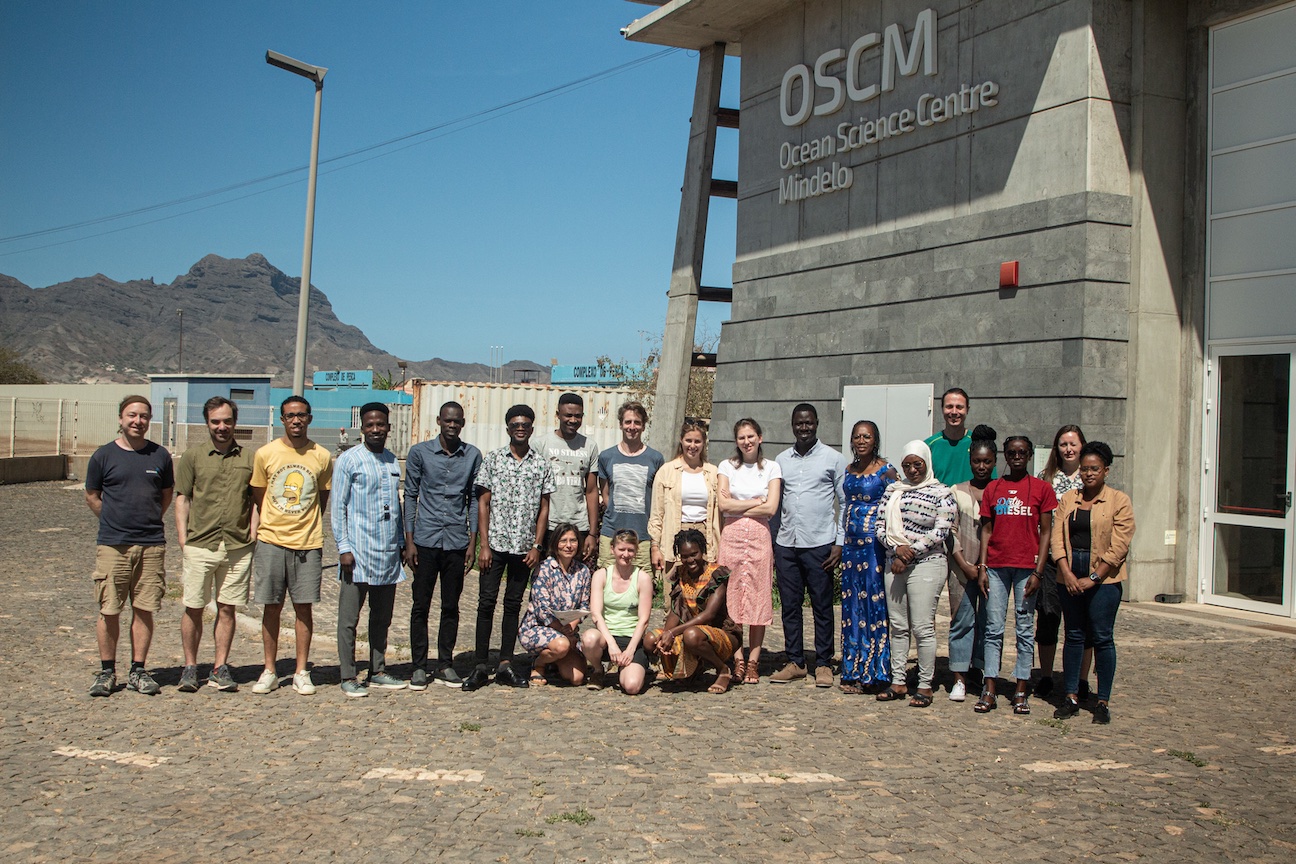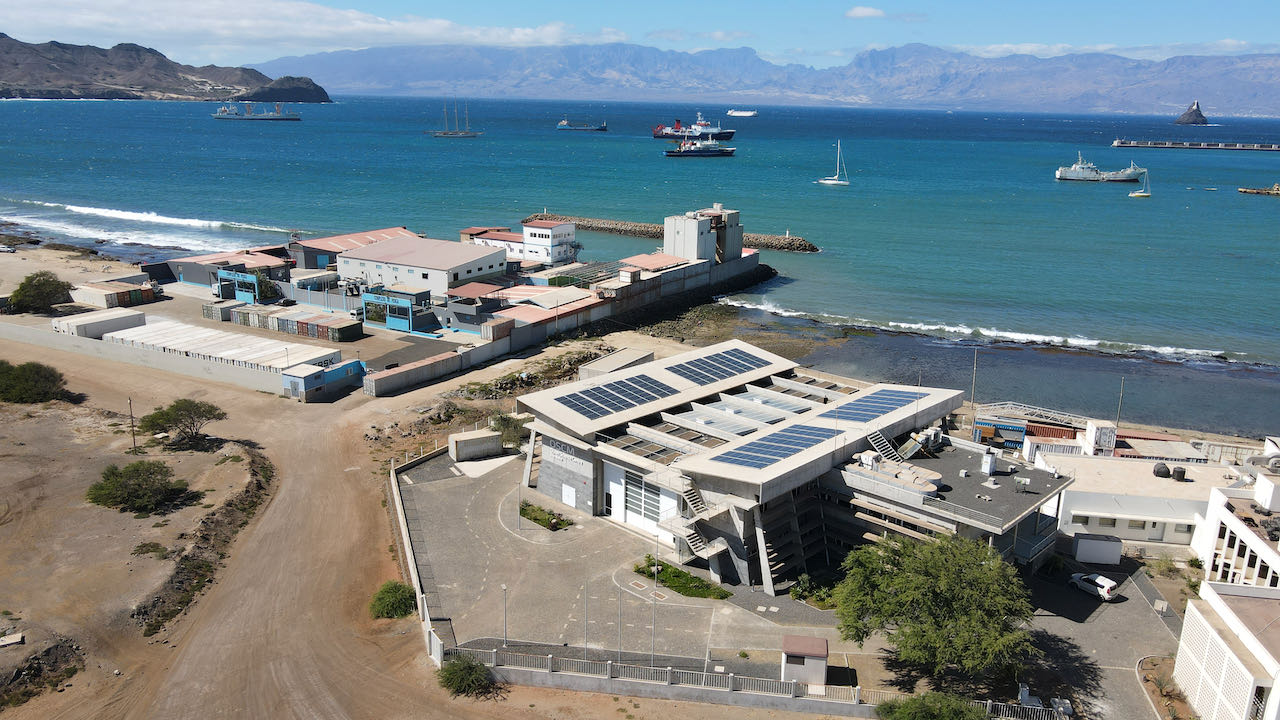This adventure has broadened not just my scientific knowledge but also radically changed my perception of research, cooperation, and my role as a scientist. Before this expedition, my learning was shaped primarily by textbooks and lectures, with the occasional practical thrown in. Deploying instruments in the deep ocean, receiving live data, and discussing real-time results […]
A Journey of Dreams, Science and Courage
I’m a dreamer. One of those who believe that life makes sense when lived with intensity, emotion and a touch of adrenaline. Ever since I was a child, I’ve always wanted to discover the world, travel to unknown places and, above all, do science that could transform realities. When the opportunity arose to embark on […]
Stowaways!
Flap! Flap! Coo…. These pigeon noises, perfectly normal in any congested city, are entirely unexpected here. We are sailing through the eastern tropical North Atlantic on the German icebreaker POLARSTERN that is our home for two weeks. Water to the horizon in all directions and then… a pigeon! A quick look to portside solves the […]
The long-awaited encounter
Things got serious for us on the morning of 1 April. It was slowly getting light on the Cabo Verdean island of Sao Vicente, the local trade wind from the north-east was pushing waves into the bay of Mindelo as a research vessel turned around the corner after many months of its expedition in the […]
Engaging the Next Generation of Ocean Professionals: Ocean Observation on the RV Polarstern
Life aboard the RV Polarstern, one of the world’s most renowned research vessels, is like nothing else. The smell of the ocean, the hum of the engines, and the endless horizon stretching out in every direction—it’s a thrilling and awe-inspiring experience. But beyond the romance and adventure lies a critical mission: to understand the ocean […]
„I found an Alien!”
Svenja burst into the red lounge, where a group of scientists were having a post-prandial chat. The alien announcement was irresistible, and we trooped down to the lab where Svenja’s fresh multinet haul was awaiting earthly attention. Under the microscope we saw live zooplankton hopping, spiralling, leapfrogging and swimming through the sample. Then, carefully teased […]
Imagine drifting in the North Atlantic for a year…
You dive down to a thousand meters depth and cruise around, letting the currents take you where they want. Every now and then a fish may curiously appear, then swim into the deep blue, leaving you alone in your cold, dark wet world. The only times you see light are when you rise to the […]
WASCAL students have been thrown in the deep end!
On a rolling ship, fighting seasickness, even finding their way around the cavernous Polarstern can seem a challenge. The first two days have been spent learning the rules on board – and here are many of them! “There’s a strict hierarchy on board, with all the crew having their own tasks. There’s even a correct […]
When an icebreaker comes to West Africa,…
… something special must be happening. And it is – the next “WASCAL Floating University” is about to start. After we had our premiere last year with the research vessel Maria S. Merian (MSM106), we have another premiere this year with the next cohort of students: This year our Floating University will take place on […]
Bemvindo GEOMAR – five intense days in Cabo Verde
Team Cabo Verde meets Team GEOMAR in Mindelo. From 20 to 24 January 2023, a delegation from GEOMAR Helmholtz Centre for Ocean Research Kiel visited Cabo Verde to discuss further research cooperations with regional partners and to strengthen the role of the Ocean Science Centre Mindelo (OSCM). This plattform for support and exchange was put […]




